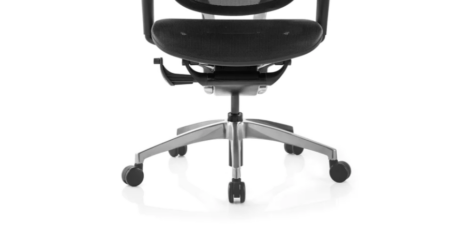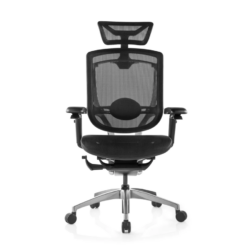February 21, 2024
Fear of judgement prevents working parents from using beneficial workplace policies and support
 Although many organisations say they recognise the value in supporting working parents many are still failing to see significant or lasting change, according to a report published by working WOMBA (Work, Me and the Baby), in partnership with Hult International Business School (Ashridge). According to the report, The priority actions for boards to drive equal opportunities for working parents, many working parents do not use the policies, support and benefits available to them because they fear being judged negatively by colleagues and managers, and worry about the consequences of doing so on career progression. More →
Although many organisations say they recognise the value in supporting working parents many are still failing to see significant or lasting change, according to a report published by working WOMBA (Work, Me and the Baby), in partnership with Hult International Business School (Ashridge). According to the report, The priority actions for boards to drive equal opportunities for working parents, many working parents do not use the policies, support and benefits available to them because they fear being judged negatively by colleagues and managers, and worry about the consequences of doing so on career progression. More →









































February 16, 2024
Why changing with the seasons is key to the all-weather workplace
by Russell Glover • Comment, Wellbeing, Workplace design